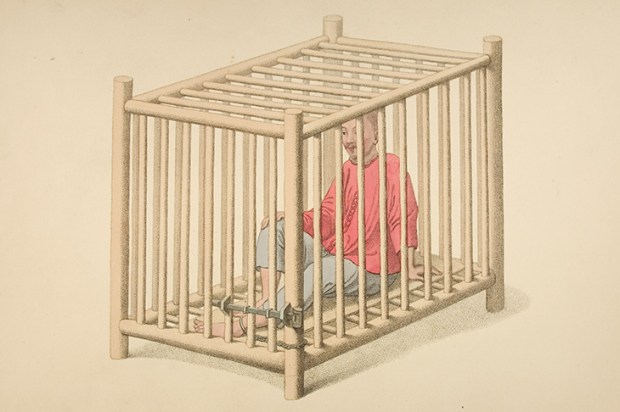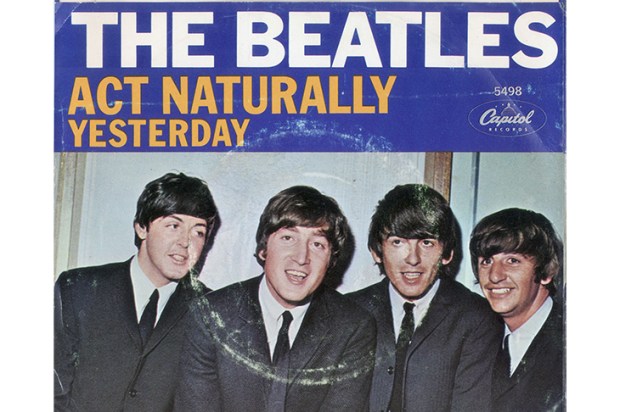The recent severe weather events on the east coast were labelled (by our official Weather Bureau) as a ‘bomb cyclone’ – in what will strike some as slightly hysterical language. Are they justified? Well, the term ‘bomb cyclone’ was coined in America in 1948. And American English (unlike the often laconic tone of Australian English) often veers towards the melodramatic (perhaps even the hysterical?). The noun ‘cyclone’ was coined by an English sea captain named Henry Piddington in 1842 – to name windstorms that lashed in a powerful circular motion. His word came from a bit of ancient Greek meaning ‘the coil of a snake’. But given a very fast-developing cyclone in 1948 the Americans decided it was growing ‘explosively’ fast – and so should be called a ‘bomb’. They quite liked their addition to the meteorological lexicon and went on to later speak of a ‘rain bomb’ or a ‘snow bomb’. It took the meteorologists in the rest of the Anglophone world a while to come to terms with such violent language – but by the start of the 21st century they had done so. Hence, the willingness of our own Weather Bureau to shout alarming warnings not of a mere ‘cyclone’ but a ‘bomb cyclone’.
Should former British colonies discard the English language as a distasteful relic of the colonial past? Spoiler alert – the conclusion I am about to reach is: no, course not! The idea that it should has been proposed in India by Amit Shah, a former president of the ruling Hindu political party, the BJP (Bhartiya Janata Party). It is, in reality, a silly and pointless suggestion – because of the key role that English plays in Indian life. On the Indian sub-continent there are 270 different languages. When India became an independent nation in 1947 it was a giant nation, that sprawled across a vast area of the Indo-Orient. The new nation of India had no ‘official language’ as such – instead they had 21 ‘scheduled languages’, such as Hindi, Bengali, and Tamil (and English!). The point is that, during the long period of the British Raj, English was used by the rulers, both the British colonial rulers and the local ruling class. It provided a language tool to enable people from one end of the country to speak to people from the opposite end of the country. But now this Amit Shah is claiming the Indians should feel ‘ashamed’ if they speak English in public.
His suggestion is nonsense. It was because they were colonised by the English that the Indians were able to become a vast, single nation – free and independent. And the English left behind a complete, functioning public service, a national military, a market economy, a huge network of railways – and a useful language! The point is that colonising quite often benefits those who are colonised! This is something that few indigenous activists and agitators are prepared to admit. But it’s true. If you doubt me, the book to read is Colonialism: A Moral Reckoning by Nigel Biggar – which spells out the case with detailed historical evidence. So, is English (here or anywhere) an unnecessary colonial relic? No! It’s a great colonial gift!
Got something to add? Join the discussion and comment below.
Contact Kel at ozwords.com.au
You might disagree with half of it, but you’ll enjoy reading all of it. Try your first month for free, then just $2 a week for the remainder of your first year.













